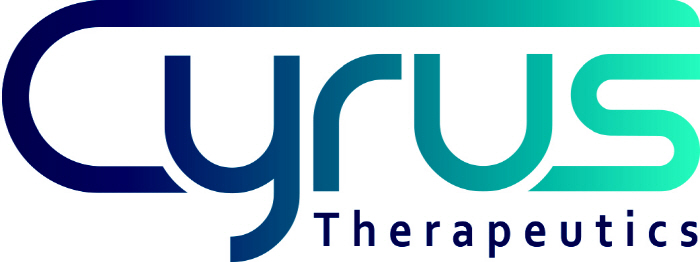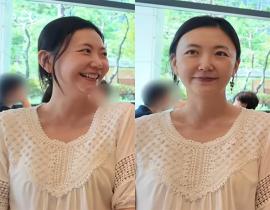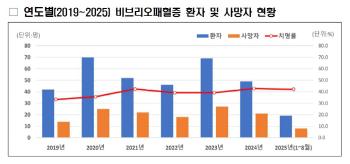Dong-A ST and Cyrus Therapeutics Sign a Joint Research Agreement to Develop Immunization and Inflammatory Disease Treatment
Sep 16, 2025
|
|
Using the Molecular Glue Library and Molecular Glue Screening System, independently established by Cyrus Therapeutics, candidates for immune and inflammatory diseases will be discovered, and the discovered candidates will be promoted through joint research based on Dong-A ST's preclinical and clinical development capabilities.
Despite the emergence of blockbuster antibody treatments and Janus kinase (JAK) inhibitors, the immune and inflammatory disease sector still has high unmet needs. Many patients do not respond to existing treatments or have limited treatment effects, and safety issues such as infections and cardiovascular abnormalities are constantly being raised when taken for a long time.
As an alternative to overcome these limitations, molecular adhesive agents based on proteolysis technology are attracting attention. Molecular adhesives link disease-related target proteins with the intracellular cleaning mechanism (Ubiquitin-proteasome system) to induce selective degradation of proteins. This removes the protein itself beyond simply inhibiting protein activity. It increases access to targets that existing drugs have not been able to access, maintains long-term effects with small doses, and has strengths in terms of multipath control and safety improvement.
According to the Korea Bio Association, the global immunotherapy market is expected to grow from about $260 billion in 2023 to about $580 billion by 2029.
Biotech Cyrus Therapeutics, which specializes in the development of low-molecular new drugs established in 2019 centered on personnel from large domestic and foreign pharmaceutical companies, is attracting attention not only in traditional inhibitor drugs but also in the field of target proteolytic agents (TPD). Recently, the U.S. FDA and Food and Drug Administration have obtained Phase 1 clinical approval for the molecular adhesive CYRS1542, which breaks down the anticancer target GSPT1.
"In the field of immune and inflammatory diseases, there is a large difference in response among patients, and the limitations of existing treatments are clear, and molecular adhesive is a next-generation option that can not only open up new targets but also provide deeper and more lasting treatment effects," Cyrus CEO Kim Byung-moon said. "We will make efforts to make rapid results by actively utilizing the strengths of each company through joint research."
Kim Mi-kyung, head of the Dong-A ST research division, said, "This joint research contract is important to strengthen the immunization and inflammation pipeline, which is the core treatment area of Dong-A ST, and to accelerate the strategy of expanding modality to target proteases (TPD), biopharmaceuticals, antibody-drug conjugates (ADCs), and gene therapy beyond the development of new drugs centered on low molecular weight compounds."."
This article was translated by Naver AI translator.















